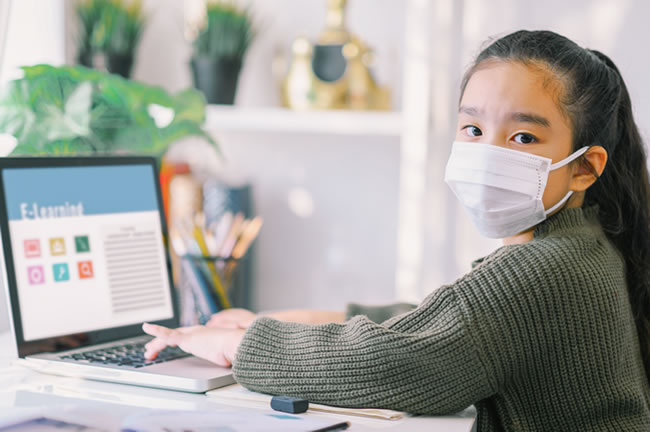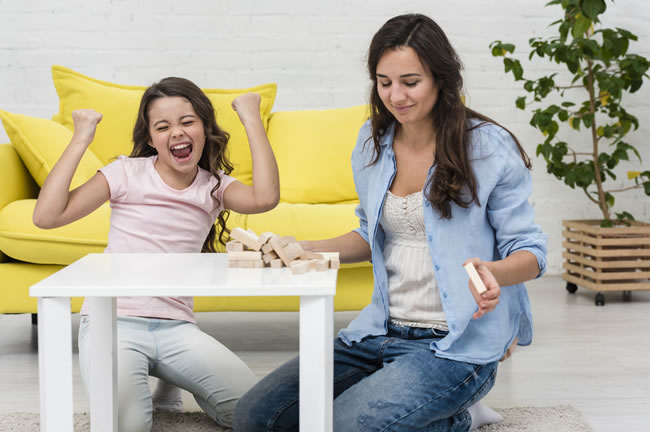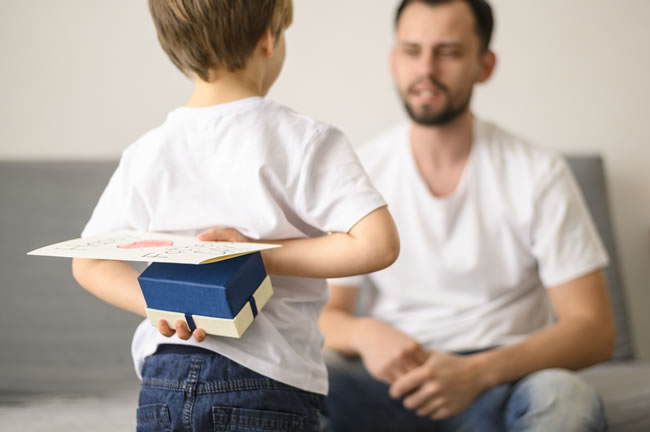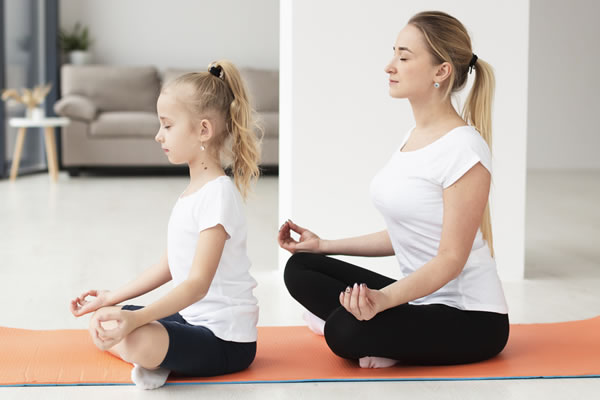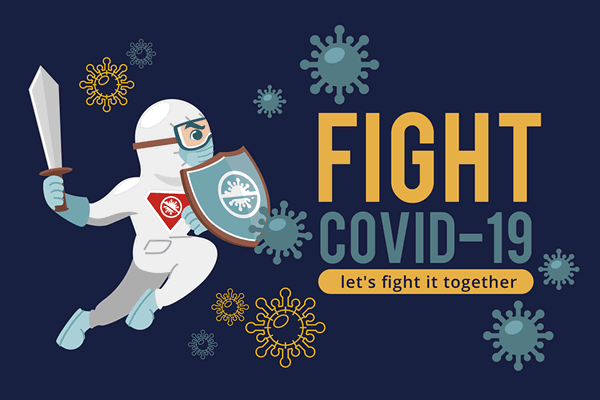5 Psychological Tips To Help You Get Through The Quarantine
While no one knows for certain when the coronavirus will end, it appears that the virus and quarantine will continue on for now. This has been a very difficult time for us all; and, for many across the U.S. (and the rest of the world) our social, work, school and financial lives have been upended beyond belief. This has understandably led to increased stress and other sorts of emotional struggles.
As a psychologist in private practice, I wholly appreciate that the coronavirus and the quarantine have impacted us all differently, as I’ve learned that from many of my patients this past month. An adult patient recently said to me “This is the best thing that’s ever happened to me,” adding that the moment has helped her to better balance her work and personal/family life in a number of positive ways. However, several of my other patients have struggled tremendously in a variety of ways as a result of the coronavirus and the quarantine and that struggle continues to feel insurmountable for many. Regardless, there’s no denying that the U.S., and the world as a whole, will be forced to endure the impact of the coronavirus and the quarantine for several more weeks and perhaps months to come.
And although nothing anyone says at this point will make the current problem disappear, I hope the following 5 tips offered here will help to get you through all of this at least a little easier.
Focus On Your Locus Of Control. Psychologist Dr. Julian Rotter coined the term “locus of control” as part of his work to understand how humans self-evaluate. Dr. Rotter’s research showed that individuals with a strong internal locus (‘location’) of control believe that they have great control over their actions and outcomes in life; not surprisingly, numerous research studies have found that these individuals are psychologically better adjusted. So, during the quarantine, you will likely feel better if you focus on controlling what you can control and don’t allow yourself to catastrophize about things beyond your control.
Strengthen Your Self-Efficacy. Self-efficacy, a concept first proposed by psychologist Dr. Albert Bandura, is a person’s belief that he or she has the ability or capacity to overcome a problem and/or achieve success. The concept is related to locus control but not exactly; people with a strong internal locus of control believe they have control over a certain situation and people with strong self-efficacy believe they have the capacity or ability to succeed in a specific area of life. Individuals with strong self-efficacy are able to recover from setbacks and disappoints, are more committed to their interests and activities and interpret challenging problems as tasks to be mastered. Dr. Bandura cites mastery, social modeling and social persuasion as the main factors for increasing self-efficacy. So, if you want to get in shape during the quarantine, for example, create a manageable diet and exercise regime that you can accomplish and then add to it as you go along. This will help you to achieve a greater sense of personal mastery. Regarding social modeling, exercising with your partner or a peer or working out with an instructor and an on-line class will provide you with a shared workout experience (i.e. a we’re all in this together moment) that will in turn serve to give you a greater sense of “I can.” Lastly, verbal encouragement and praise help people to improve self-efficacy. So, if you see your partner working out, cheer them on and note any improvements you see.
Maintain Positive Thinking. Is your glass half full or half empty during the quarantine? Research has repeatedly shown that people who view their life experiences, even their challenging ones, positively have fewer emotional and relational problems, are happier and tend to engage in less unhealthy behaviors. And research studies have also shown that thinking positively can improve your immune system, which is very relevant and timely with the coronavirus. Some strategies for positive thinking include: focusing on the good in the moment (even if it’s small), reminding yourself of all the things you still have and are grateful for, doing something selfless or altruistic, avoiding absolutes or all or nothing thinking, having a sense of humor, practicing positive self-talk, putting yourself around positive people, following a healthy lifestyle and committing to some alone time each day. Many people find reading affirmations, praying, meditating or simply self-reflecting in the morning to be great ways to get into a positive state of mind for the day to come.
Practice Patience. There’s an old saying, “Good things come to those who wait,” and research on patience has shown that patient people do benefit in a number of ways. More specifically, research studies have shown a link between patience and good emotional and physical health, and patient people tend to be happier and better liked socially. The coronavirus has certainly forced us all to be patient as we await a vaccine, a cure and a return to life as we once knew it. During the quarantine, practicing thinking before you speak, slowing down, delaying gratification and considering alternative needs and perspectives are just a few ways to foster a more patient you.
Have Compassion. Research studies have repeatedly shown that those with higher levels of compassion do better physically and emotionally, and they also tend to enjoy a longer lifespan. While there are those among us who are more naturally compassionate, for most being compassionate takes practice. Over the past month, for example, several of my patients have shared that their spouses aren’t taking the coronavirus, social distancing and/or the quarantine seriously enough, while other patients have complained that their spouses have taken things too seriously, both of which in turn has led to great upset and fighting. To improve things, I’ve recommended that compassion is much more important in this moment than being right or being wrong. I’ve added that compassion literally means “to suffer together,” and now more than ever seems to be a time to practice more compassion – individually and as a nation. So, the next time you find yourself getting defensive in proving your point, try to remember that the person you’re disagreeing with believes their point of view is just as correct, if not more correct, than yours. In the end, whether the topic is the coronavirus, the quarantine, social distancing or something else important, is it more important to be right or correct with others than it is to get along? If so, at what cost? Instead, I encourage you to be more compassionate as a practice with your family members, friends and work associates during this time, and you will find that doing so will pay off in dividends well after the virus has passed. As Mahatma Gandhi once said, “Compassion is a muscle that gets stronger with use.”
Hopefully practicing these tips will help you to get through the quarantine, and also help you to come out the other side a stronger and better person.
